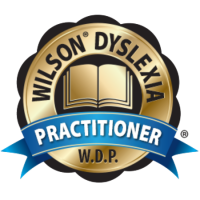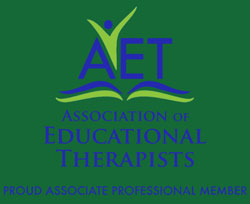Back to School Executive Functioning and Establishing Routines
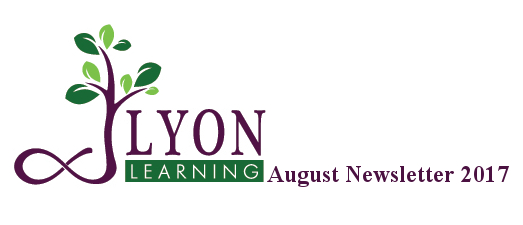 Dear Families,
Dear Families,
It seems like summer just started…and yet..The school year is just days away…“Ready or Not!
Can you believe it is just around the corner? As summer winds down, and you prepare by picking up school supplies, you can involve your learner in the process.
Your child’s teacher will most likely be sending you a list of supplies needed for school—I urge you to share this list with your learner and have your child think about what else he or she needs—this is a pivotal skill for teaching your child to plan and organize.

Getting a Routine:
The last thing you want is for your child to be tired on the first day of school. One idea could be having your learner go to bed 30-minutes earlier each week and wake up 30 minutes earlier each morning until the first day of school.
Be sure you have your learner involved in the process of planning and explain why they are changing their routine. This is an opportunity to teach your child planning for the future.
In this newsletter, we will explain what executive function means, why it is important and ways to improve it.

Director
What Are Executive Functions?

To begin, children with learning challenges frequently have difficulty with planning, organizing, self-monitoring, and completing tasks independently, all of which are executive functioning skills.
While for some individuals, there seems to be a natural development of these skills, it is not something that happens for everyone.
According to Dr. Joan Smith, Director/Educational Psychologist/Speech Pathologist at Edu-Therapeutics, the early experiences for students with learning differences in memory, attention, and language learning, appear to have confused the development of flexible thinking, self-monitoring, and academic learning–all critical skills to support executive functioning that go unnoticed until middle school.
In other words, executive functioning skills are developing all along. However, if interrupted, and without intervention, our students who really need this support miss out.
What does this mean for individuals with learning difficulties? In order to address executive functioning, it is important to take advantage of the opportunities to strategically prompt learners to plan, organize, and self monitor, while addressing: memory, attention, language, and academics simultaneously.
Here Are Some Ways to Strategically Prompt Your Learner at Home
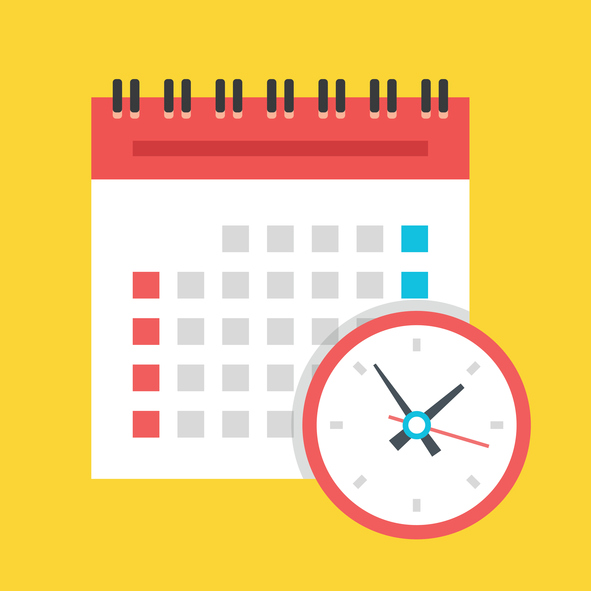
Planning and Organizing:
Scenario: Getting Ready for School—Little Johnny frequently needs reminders to: Get Up, Get Dressed, Eat Breakfast, Put on Shoes and Socks (Socks First), Get Backpack, and the list goes on

- Instead of reminding him to get everything, ask him to tell you the things he needs to get ready for school—which is actually teaching planning…No excuses—he can do this…Really!
- Other strategies could be setting a timer for him to see if he can beat the clock.
- For kids who need visuals, you can make a list with your child ahead of time and have him refer to the list as needed.
Scenario: Little Johnny often forgets to Turn-in Assignments—this can happen in a variety of ways. Completed the assignment, but forgot to bring it to school.
- Instead of packing your learner’s backpack for him the morning of…One strategy to support this could be having him plan for what he needs to bring to school the night before.
Sometimes Johnny forgets to complete the assignment
- Instead of scrambling the night before the book report is due—create a weekly planner with him. This needs to be done together—remember your job is to ask questions—but also, behind the scenes, you have already checked with all of his teachers ahead of time and can direct him on where to find the assignment as needed until he can do it independently. Remember Rome wasn’t built in a day—so this may take a while, and even then, you will need to provide monitoring.
Here are some questioning strategies you can use to develop independence:
“What are the first three things you need to remember to get ready for school this morning?”
“Which classes have long term assignments due?” “How can you be sure that you know which assignments are due?” “What’s another way you can check besides online.” “What do your classmates do when they don’t know?”
Flexible Thinking – Exceptions to the Rule

Little Johnny is upset because he was told that at school he cannot chew gum. However, he noticed that another student is allowed to chew gum and the teacher said it is okay.
- Instead of getting into a debate with your child, ask him to give you examples of when he had been given exceptions to the rule.
- If he cannot think of any…provide examples for him. You may need to wait until he has had time to calm down, and/or there is ample time to sit down and really talk about it—preferably not while you are making dinner, driving, or multitasking–the time to talk is when your learner has 110 percent of your attention.
Activities to Support the Development of Executive Function Skills

Time is an important Executive Function skill.
Planning for doing homework, reports, and studying for a test requires an understanding of time passing. This is a very important attribute to make learning successful.
Here are some ideas you can do at home to help your learner develop the sense of time:
Develop the concept of “Minute-ness”
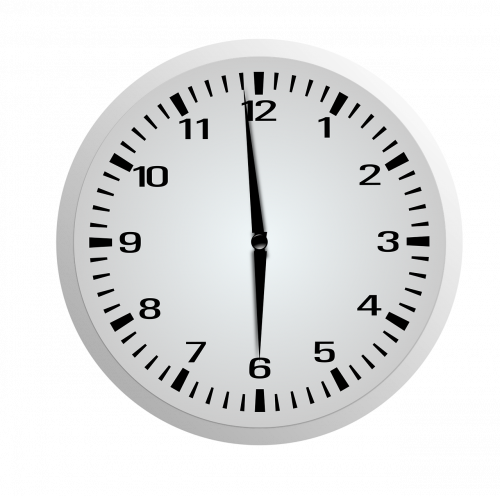
Have your child discover how long a minute is. Start a stopwatch and place it face down on the table or look at a clock with a minute hand and turn around when the minute hand is on the twelve. Look at the watch or clock when you think one minute should have passed. You can make this a little competition between siblings or you and your learner.
Talk about your results… Who turned around too early? Who was too late? How much difference in time was there between the everybody’s estimated time and the actual time?
How did your learner estimate the time? Counting seconds? Tapping foot or hand? Do several experiments in estimating one minute. There are sixty seconds in one minute and we can use that information to help us.
- Count to sixty by saying one thousand, two thousand, all the way to sixty thousand.
- Look at the watch and tap your foot in the rhythm of the seconds changing. When you think you have the rhythm, set the clock/watch and turn around.Tap your foot sixty times
- Think of any other way that could help you to keep track of sixty seconds passing
Build Minute Knowledge
Discover how to make your time work for you by understanding minutes. Ask the following questions and let your child record the estimated and the actual time.
- How many things can you do in under one minute?
- Name six things you can do in over a minute but under five minutes.
- How long does it take you to write your name five times?
- How long does it take you to brush your teeth?
- How long does it take you to put your cloth away?
- How long does it take you to make your bed?
Let your child estimate how long different activities take that you do together (preparing dinner, grocery shopping, doing laundry) and compare the estimated time with the actual time it took.
Develop calendar concept
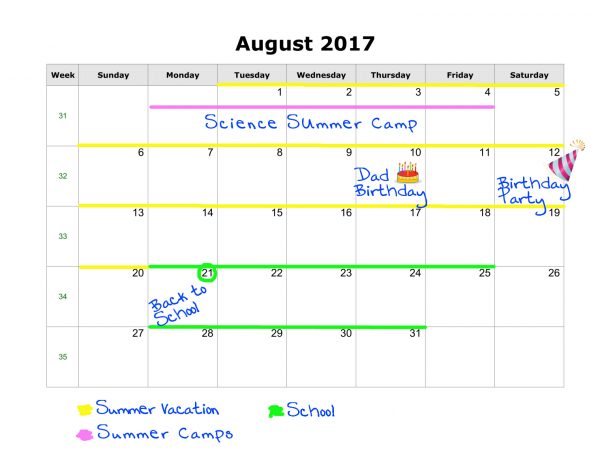
Make a year long calendar on a poster board and hang it in your learner’s room.
Make the calendar like a clock face, using the month in place of clock numbers.
Post a calendar sheet for every single month and personalize it together.
- Mark important family dates and holidays on the calendar.
- Ask your child to cross out each day so that they experience the passing of time and the sequence of the month, of the year, and days of the week.
- When your child asks when something will be happening…have him/her look it up on the calendar.
We hope this newsletter is helpful. Please feel free to comment if you have more ideas.
Clarise & Lyon Learning Team


